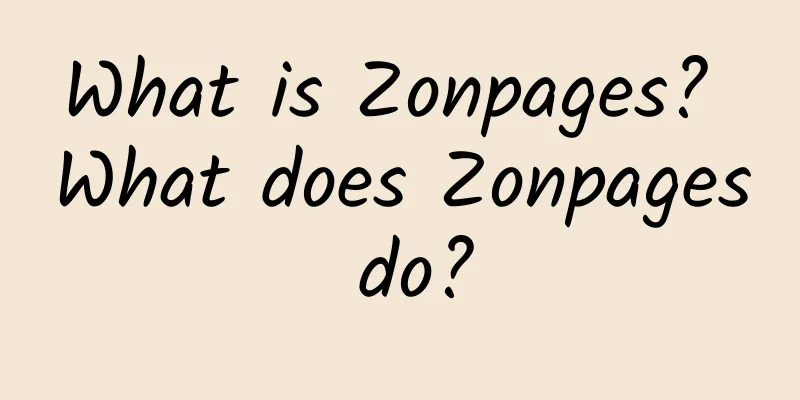H&M and Levi's announce global supplier ban on sandblasting
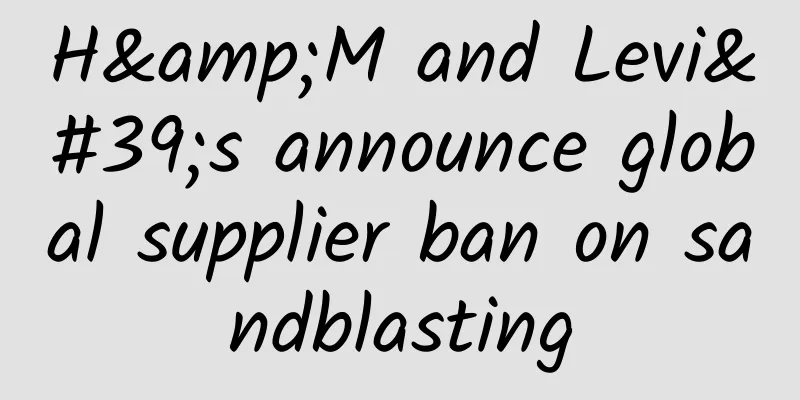
|
Hennes & Mauritz AB (H&M) and Levi Strauss & Co. (Levi's), committed to the safety and health of apparel workers, today announced plans to implement a global ban on sandblasting across all product lines going forward. They are calling on other companies to join the ban and make it completely sandblast-free across the entire apparel industry. When sandblasting is performed, one of many finishing processes used to give denim and other garments a distressed look, Levi's and H&M's suppliers must take appropriate precautions to prevent workers from coming into contact with quartz crystals (a compound found in sand), which could cause serious damage. But some garment factories, often linked to counterfeiting, do not take the same safeguards, putting workers' health at risk. “Levi’s has always had strict standards for sandblasting in our own supply chain, but we believe the best way to ensure that workers in all garment factories are no longer exposed to the risks associated with exposure to quartz crystals is to end sandblasting industry-wide,” said David Love, senior vice president and chief supply chain officer at Levi’s Inc. “We are proud to be working with H&M today to advance the benefits of workers around the world, and we call on other companies to join us in ending this practice.” Karl Gunnar Fagerlin, Production Manager at H&M, said: "H&M has had health and safety standards for sandblasting for several years. Monitoring of sandblasting has always been part of our extensive 'comprehensive audit programme', as have all other code of practice requirements. At the same time, it has proven extremely difficult to ensure that all our suppliers and their subcontractors comply with these standards. In order to ensure that the health of all workers who help H&M produce denim garments is not put at risk, we have decided not to purchase or retail sandblasting products." The ban is effective immediately and Levi's and H&M will not place any new orders for sandblasted products, and by December 31, 2010, Levi's and H&M will no longer use this finishing process in their production. The ban includes, but is not limited to, aluminium oxide, aluminosilicates, silicon carbide, copper slag and garnet used in abrasive blasting. Levi's is one of the world's largest branded apparel companies, dominating the global denim industry and selling its products in more than 110 countries around the world. The company designs and sells denim, casual wear and related accessories for men, women and children under the brands Levi's?, Dockers?, Signature by Levi Strauss & Co.? and Denizen?. Levi's reported net income of $4.1 billion in fiscal 2009. H&M Hennes & Mauritz AB (listed company) was founded in Sweden in 1947 and is listed on the NASDAQ OMX Stockholm Stock Exchange. The company's business philosophy is to offer fashion and quality at the best price. In addition to H&M, the group's brands include COS, Monki, Weekday and Cheap Monday and H&M Home. The H&M Group has about 2,000 stores in 37 markets around the world. In 2009, the company's turnover including VAT was SEK 118.697 million and the number of employees was about 76,000. Workplace Conditions Assessment (WCA) |
<<: Primart Factory Inspection Quality Inspection Tool---Metal Management (IV)
>>: Walmart now accepts certification from certain industries to avoid duplicate audits
Recommend
What is ibay365? What are the advantages of ibay365?
What is ibay365? ibay365 is an ERP management sys...
Adyen becomes eBay's premier payment processing partner
eBay will end its 15-year partnership with PayPal...
How are the advertising fees for eBay Promoted Listings calculated?
The fees for eBay accounts can be summarized into...
What is VOTOBO? What are the functions of VOTOBO?
As the first excellent hit product development en...
How is Kahan International Logistics? What are the advantages of Kahan International Logistics?
How about Kahan International Logistics? Guangzho...
Warning signs required for BSCI factory audit-protection markings
Warning signs required for BSCI factory audit: po...
What is ECPP? What are the functions of ECPP?
What is ECPP? ECPP (Ecommerce Cloud Processing Pl...
How much do you know about the harm of substandard clothing quality?
At present, according to the national mandatory te...
These products on eBay are very likely to infringe copyright. How can we avoid infringement of copyright on eBay?
There have been many news reports about "inf...
Anti-terrorism factory certification, safe transportation management and production factory security guidelines
Safe Transportation Management: 1. Strengthen the...
WRAP Certification Professional Glossary
WRAP WRAP is the acronym and registered trademark...
Request for Quotation
What is Request for Quotation? RFQ (Request for Q...
Common equipment safety issues and solutions during BSCI factory audits (III) High-speed pulleys of sewing machines without protective covers
Problem phenomenon: The sewing machine high-speed...
Opinions on BSCI factory audit attitude towards wages
BSCI's attitude towards wages November 2009 In...
Social Responsibility Factory Audit Process
Before the factory inspection, suppliers should ac...


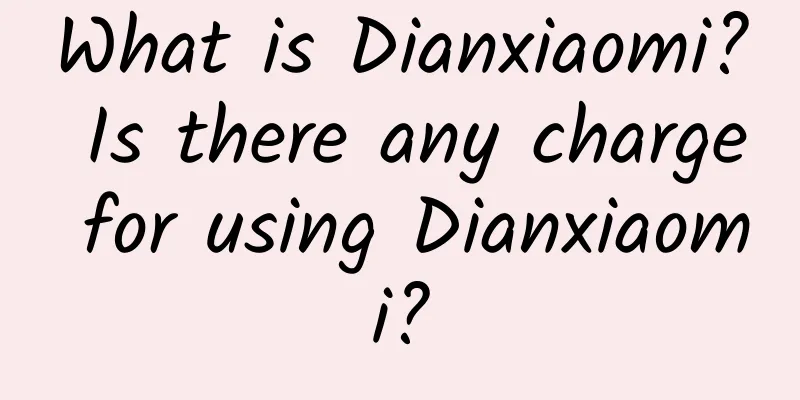
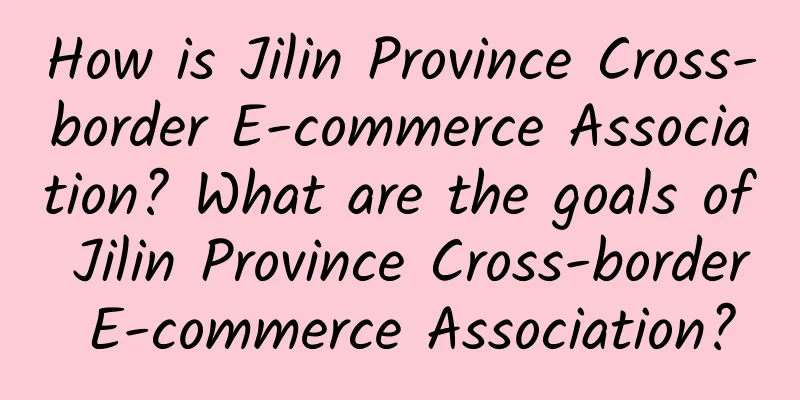
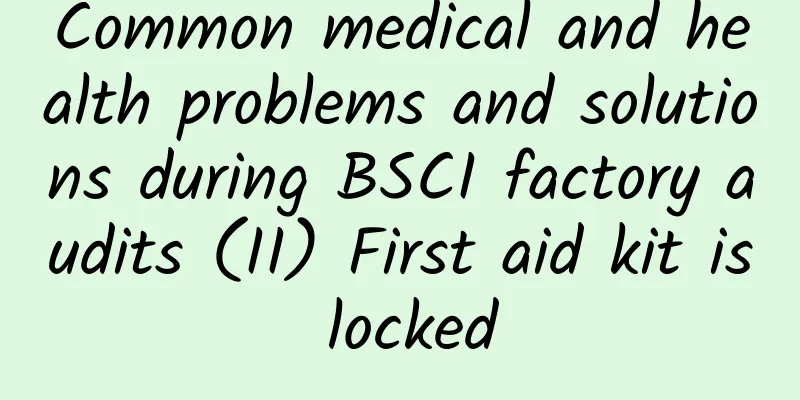
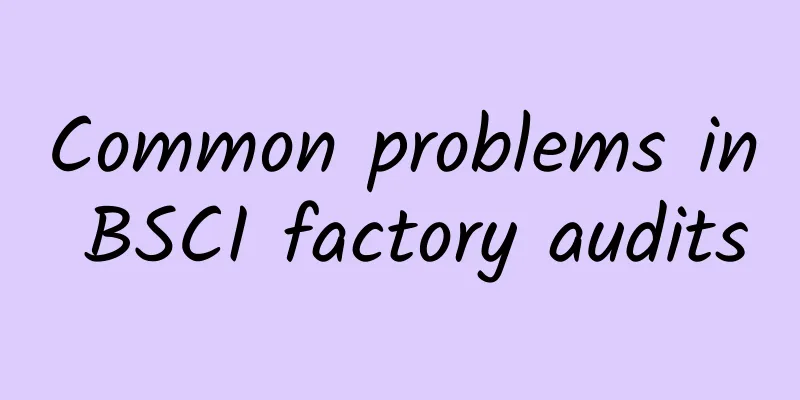
![[eBay Newbies] Detailed Explanation of eBay Duplicate Listing Rules and Policies](/upload/images/67c9a78575693.webp)


